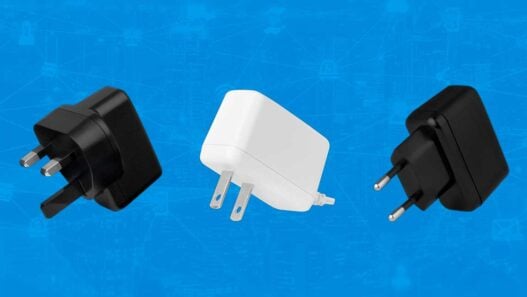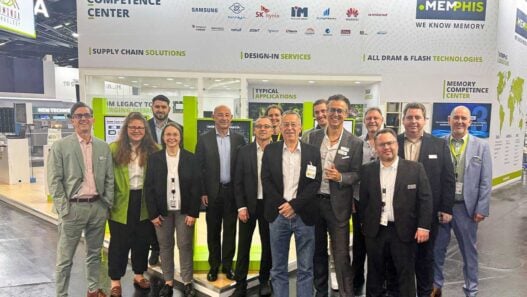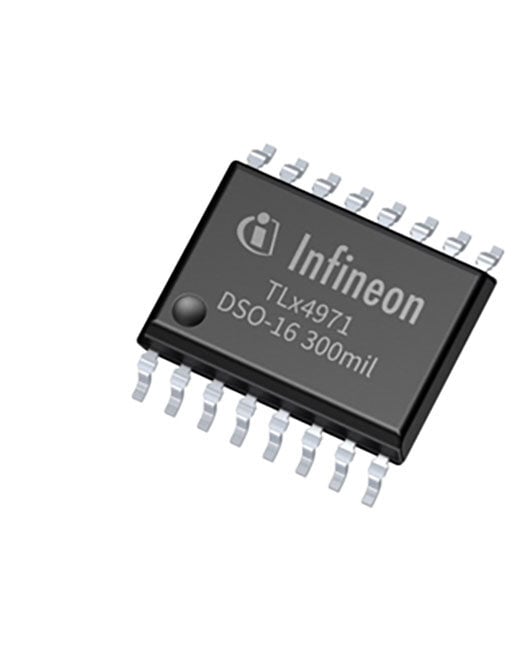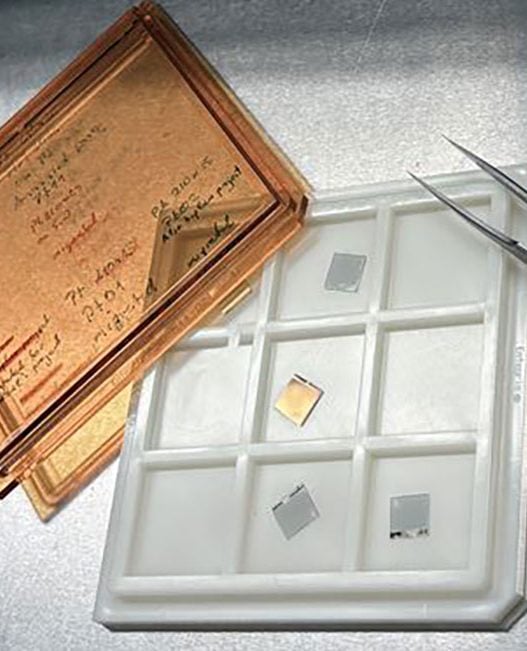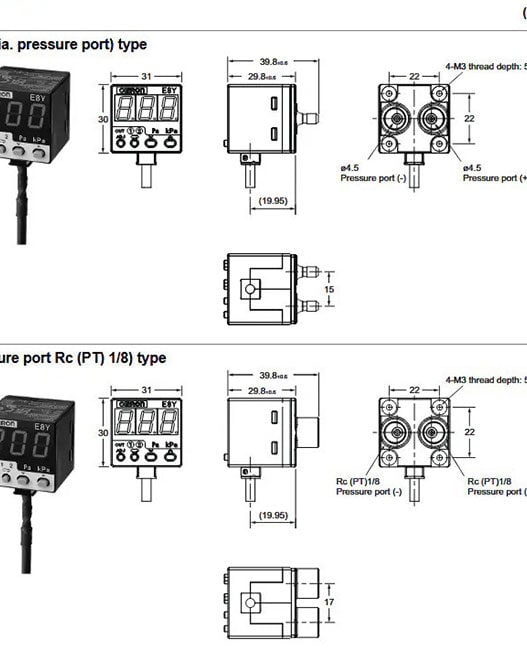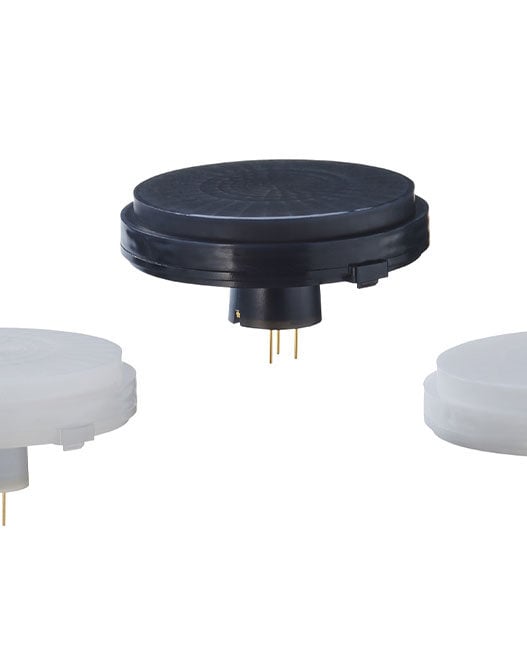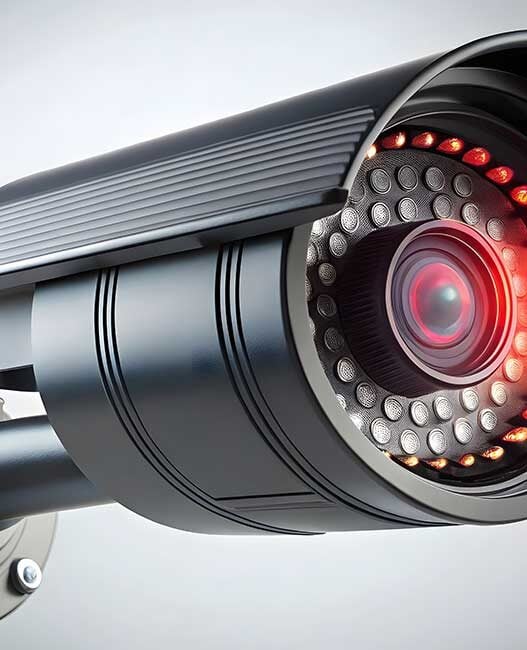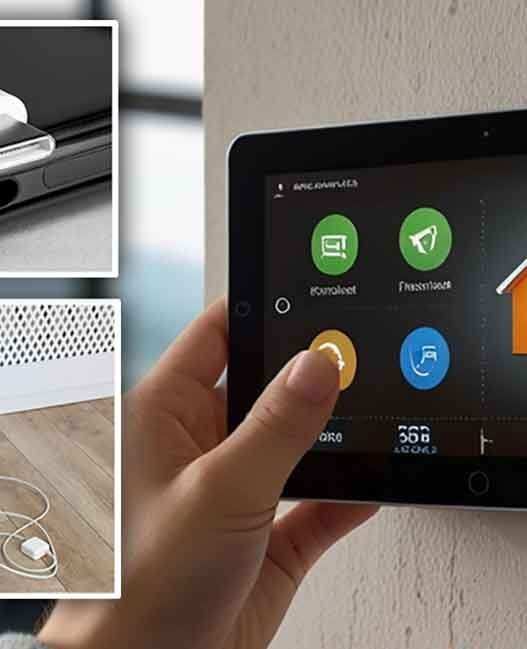The new Si89xx family provides flexible voltage, current, output and package options to help developers reduce BOM cost and shrink board space for a wide range of industrial and green-energy applications including electric vehicle (EV) battery management and charging systems, dc-dc converters, and motor, solar and wind turbine inverters.
Precise current and voltage measurement is essential for accurate operation of power control systems. To maximise efficiency and respond quickly to faults or changes in load, system controllers require current and voltage information from high-voltage rails. Silicon Labs’ third-generation isolation technology keeps controllers safe across wide temperature variations with 1,414V working voltage and 13kV bipolar surge, exceeding stringent industry requirements.
The Si89xx family includes four product categories:
- Si892x isolated analog amplifiers optimised for shunt-current sensing.
- Si8931/2 isolated analog amplifiers optimised for general-purpose voltage sensing.
- Si8935/6/7 isolated DSM devices optimised for voltage sensing.
- Si8941/6/7 isolated DSM devices optimised for shunt-current sensing.
“Our first and second generation mixed-signal isolation technologies have driven the strong market success of our digital isolation products over the past decade, and our third-generation technology used in the new Si89xx devices raises the bar even higher,” said Brian Mirkin, Vice President and General Manager of Silicon Labs’ power products. “Our isolation products continue to replace traditional optocouplers and outperform competing digital isolators, enabling higher surge performance, reliability, integration and best-in-class safety for system designs requiring protection from high voltages.”
Automotive battery and motor/photovoltaic inverter systems require reliable current monitoring with robust noise immunity. The Si89xx devices provide up to three times higher common-mode transient immunity (CMTI) than competing products. The devices’ 75kV/µs immunity to fast transients ensures reliable and accurate current readings in demanding industrial applications. The Si89xx family also supports a fail-safe indication to the host controller if the high-side supply voltage is not detected.
The Si89xx devices provide typical offset error as low as ±40µV and ±0.1% gain error, enabling precise measurements. Typical offset drift as low as ±0.15µV/˚C and typical gain drift as low as -6ppm/˚C ensure exceptional accuracy across temperature. The devices offer the industry’s highest typical signal-to-noise ratio (SNR), up to 90dB.
A low-power mode automatically reduces current draw on one side of the isolation barrier to approximately 1mA whenever voltage is removed from the other side, enabling a controller to manage power with a simple field-effect transistor (FET).
The next-generation Si89xx devices enhance design flexibility with the following options:
- Current or voltage-optimised devices with single-ended, differential or DSM output.
- ±62.5mV, ±250mV or 2.5V input ranges.
- A stretched wide-body SOIC-8 package to support 5kVrms isolation and nine millimetre creepage/clearance and a compact narrow-body SOIC-8 to support 2.5kVrms isolation.
Advanced samples of Si892x/3x/4x devices in wide-body SOIC-8 packages are available now, and advanced samples of the devices in narrow-body SOIC-8 packages are planned to be available in Q2.
Production quantities of all Si89xx devices are planned for Q3. Silicon Labs offers a wide range of evaluation kits to accelerate development.



